Acne is stubborn and tough to get rid of, and you may feel victorious after you've finally managed to get your acne under control!
Acne scars can be tough to deal with, but don't worry, we'll go over many different ways to treat acne scars and you may consider using multiple approaches at the same time to treat acne scars.
What Are Acne Scars?
Acne scars can appear due to the damage in collagen caused by acne. Acne scars are the texture changes, and discoloration that can happen after having acne.
Types Of Acne Scars
Dealing with acne is only half the battle as an inflamed pimple will stretch collagen fibers over time. This can lead to long term damage on our skin’s surface.

The common types of acne scars are
- Rolling scars
- Ice pick scars
- Boxcar scars
- Hyperpigmentation
Out of the above acne scar types, hyperpigmentation is the one easiest to reduce and some hyperpigmentation can fade on their own even without treatment.
According to dermatologist Dr. Davin Lim, hyperpigmentation and erythema are grade 1 scars - which are flat scars that leave a dark or red mark and are easiest to treat.
- Boxcar scars are shallow with a strong straight and defined edge.
- Rolling scars are depressed scars with less of a defined edge or ridge.
- Ice pick scars are deep and narrow which are more difficult to treat.
If you have keloid scars, it's best to see a skincare professional to help treat keloids as many typical acne scarring treatments will be contraindicated to treating keloids. Textural scars typically will not go away on their own without treatment.
Acne scars can leave a serious impact on one’s self-confidence. It’s hard for some to look beyond the discoloration and uneven texture after having acne scars, but they can be improved and there are several methods for getting rid of acne scars.
Top Ways To Get Rid of Acne Scars
Microneedling
Type of scar: rolling scars, boxcar, ice pick scars, and hyperpigmentation.
Microneedling is an acne scar treatment that uses very fine needles to prick the skin to create a controlled injury.
According to dermatologist Dr. Abby Waldman: "Microneedling creates tiny holes in the skin to turn on the mechanisms in the skin to make new skin cells, turn over old cells, stimulates collagen and that helps with acne scars"
The great thing about microneedling is that it less invasive compared to laser acne scars treatments and the results are long lasting.
Microneedling can get rid of acne scars fast and is great for indented or pitted acne scars as well as hyperpigmentation.
Microneedling promotes the absorption of topical product so it can enhance other skincare ingredients meant for acne scarring like Vitamin C.
For an at-home microneedling treatment, use shorter needle sizes that are no longer than 0.5mm and pick a stamp design tool versus a roller so it creates the least amount of skin trauma.
Deeper forms of microneedling can be done in office too.
Recommended tool: Banisher 2.0 microneedle tool
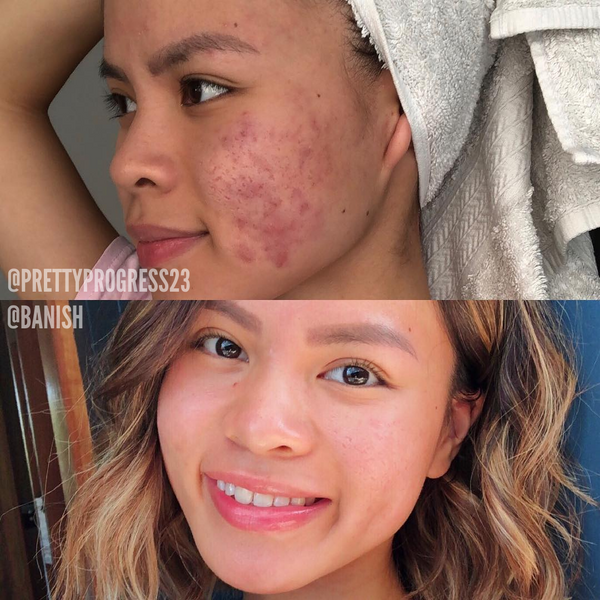
Ingredients To Use At Home
Alpha Hydroxy Acids
Type of scars: hyperpigmentation, discoloration
Glycolic acid is an AHA which stands for alpha hydroxy acid. This AHA is one of the most effective AHAs and a very popular ingredient for fading acne scars. Glycolic Acid can also get rid of hyperpigmentation, acne, and discoloration.
Glycolic acid is a naturally occurring substance that offers many benefits to the skin such as rejuvenation and exfoliation. Glycolic acid can be found in chemical peels and it is an ingredient in consumer skincare products that most people can tolerate. This ingredient is also included in the BANISH Pumpkin Enzyme Masque.
Vitamin C
Type of scars: hyperpigmentation and dark spots, minor texture.
Vitamin C is one good source when it comes to getting rid of acne scars for its wound healing, collagen production, and brightening properties.
Regarding Vitamin C, dermatologist Dr. Emma of House Of Medics shares that “it helps combat the visible signs of aging like fine lines and wrinkles, and most exciting for me it helps combat dark spots.”
Vitamin C is great for treating acne scars as it is responsible for our skin’s elasticity, collagen synthesis, and it prevents excess melanin production.
Try to look for vitamin c in the form of l-ascorbic acid, or ascorbic acid. It's best for discoloration related acne scars.
Vitamin C in it's most effective form, l-ascorbic acid, can be found in the Banish Vitamin C Serum, and Vitamin C Creme.
Retinoids
Type of scars: hyperpigmentation, minor textured scars
Retinoids such as retinol, adapalene, tretinoin, or Vitamin A products have been considered a go-to ingredient for both acne scars and acne.
Retinols promote cell turnover or shedding of dead skin cells and encourage the development of collagen.
Retinol is not as strong as prescription-strength retinoids so retinol or derivatives of it are what you find in drugstore skincare products.
A word of warning is that retinoids and its derivatives may cause purging for the first couple of weeks and they can cause irritation to the skin so best to start off slow and use a moisturizer.
Rosehip Seed Oil:
Rosehip seed oil treatment after 12 weeks could decrease erythema which is redness, and slightly improve the look of atrophic scarring when applied immediately after the scarring.
It is believed that the essential fatty acids in rosehip seed oil give the most scar healing and wound healing benefits when applied onto skin.
Niacinamide
Type of scars: Dark spots and hyperpigmentation.
Also known as nicotinamide, niacinamide is a form of Vitamin B-3 which is an essential nutrient when it comes to treating acne scars. Niacinamide works by lightening dark marks, reducing inflammation, and improving tissue regeneration.
While niacinamide may help with dark marks, it may not help with textured or deep acne scars.
Niacinimide is commonly found in many skincare products, even if the products are not directly targeted for acne scarring.
Professional Treatments
Subscision
Best for: boxcar scars, rolling scars
Subscision is a type of surgery where your doctor will break down the fibers adhering the acne scar down to the deeper layers of skin which is causing the pitted acne scar.
This type of treatment will require an in person assessment by a dermatologist to check if your scars are tethered down and if it would benefit you.
Fillers
Best For: A small amount of boxcar or rolling acne scars
Fillers are a type of injection that go under the skin to fill in acne scars. Only go to a certified practitioner to get fillers done. When done well, fillers can smooth out the appearance of acne scars.
Fillers are a temporary acne scar treatment and you may need injections every 3 to 18 months depending on the type of filler you get to maintain the result. This is best if you only have a few scars and cost ranges on how many units of filler you need.
Chemical Peels
Type of scars: Ice pick, boxcar
Your dermatologist may recommend deeper chemical peels that contain acids with higher concentrations to address moderate scars.
These peels work in the same way as the kinds you use at home to dissolve the uppermost layers of skin, only that they penetrate the skin on a much deeper level.
Deeper peels such as TCA peels should be done by a professional and can improve moderate to severe acne scars with the proper aftercare and with the supervision of a professional.
You can use skincare products that are made with more gentle acids or lower concentration of exfoliating acids for light acne scarring and discoloration. Look for ingredients like glycolic acid, lactic acid, mandelic acid, and salicylic acid.
Radiofrequency Microneedling or PRP Microneedling
Type of scars: Ice-Pick, Rolling scars, Boxcar Scars
These type of microneedling procedures are done by a professional which use longer needles Professional microneedling may be better able to address deep severe scarring.
PRP microneedling is a procedure in the office with a device that injects your own plasma into your skin for the healing properties to heal acne scars.
RF microneedling combines radiofrequency with LED which uses heat and microneedles together. The needles and heat will both break down scar tissue, and stimulate collagen to fill in scars.
Laser Treatments
Type of scars: ice pick, boxcar, rolling, dark spots
Most laser treatments work by sending pulses of light that create heat energy to damage the top layer of skin. These lasers can induce the wound healing response, so that new tissue and collagen can form in its place.
Certain types of ablative laser such as co2 laser may not be suitable for darker skin tones as they could increase the risk of hyperpigmentation since darker skin tones contain more melanin.
There are different intensity and types of lasers available, so discuss with a dermatologist that works with your skin tone to see what treatment plan would for if you go the laser route.
Dermabrasion
This acne scar treatment uses a device that physically takes off the upper level of skin to treat acne scars. It may give better results for those with lighter skin tones.
Treating Raised Scars
Raised scars need a different type of treatment because the issue is usually an overgrowth of collagen, while indented scars are from lack of collagen.
Some treatments for raised scars include:
- Steroid Shots
- Surgical Removal
- Silicone Gel Sheets
Natural Remedies For Acne Scars
If you want to stick with home remedies for your own reasons, natural home remedies to get rid of acne scars could give mixed results and usually aren't very effective alone for deep and pitted acne scars.
If your acne scars are limited to mild hyperpigmentation or discoloration, these home remedies could work for you or you may want to use them in combination with other acne scarring treatments.
ALOE VERA
Aloe is one of the best household products anyone can use to treat their hyperpigmentation.
Aloe contains aloesin which has some evidence of destroying melanated cells, and in preventing hyperpigmentation caused by UV radiation.
Aloe improves wound healing by strengthening collagen structure. Aloe Vera has been a popular plant remedy or solution for many skin problems such as acne, so if you are still dealing with acne, aloe vera is fine to use.
To Use: Purchase Aloe vera gel and apply onto skin daily.
APPLE CIDER VINEGAR
This fermented vinegar has a lot of useful functions, including fading your acne scars by naturally exfoliating and shedding away dead skin cells.
It contains Vitamins A, B2, B6, C, and E along with the natural lactic and malic acids which are responsible for gently exfoliating the skin for a more even-toned complexion. Dilute it with water so it doesn't cause too much stinging and to help lower the acidity.
It takes a lot of patience and consistency to see positive results, no matter what products or options you choose in treating acne scars. Don’t be afraid to try different options should the first one fail. You may even need a combination of treatments if your acne scars are on the moderate to severe side.
Keep the healing up with some emotional treatment as well. Acne does not only leave with deep physical scarring but emotional scarring too.
You’re still beautiful with or without acne.
If you are still struggling with acne scars or need extra guidance, we recommend booking a teledermatology call with licensed dermatologist Dr. Anna Chacon if you are located in the U.S.
a Rafflecopter giveaway
References:
1. Singh S, Gupta A, Gupta B. Scar free healing mediated by the release of aloe vera and manuka honey from dextran bionanocomposite wound dressings. Int J Biol Macromol. 2018 Dec;120(Pt B):1581-1590. doi: 10.1016/j.ijbiomac.2018.09.124. Epub 2018 Sep 21. PMID: 30248422.
2.Erbağci Z, Akçali C. Biweekly serial glycolic acid peels vs. long-term daily use of topical low-strength glycolic acid in the treatment of atrophic acne scars. Int J Dermatol. 2000 Oct;39(10):789-94. doi: 10.1046/j.1365-4362.2000.00076.x. PMID: 11095203.
3. Choi S, Lee SK, Kim JE, Chung MH, Park YI. Aloesin inhibits hyperpigmentation induced by UV radiation. Clin Exp Dermatol. 2002 Sep;27(6):513-5. doi: 10.1046/j.1365-2230.2002.01120.x. PMID: 12372097.
4. Telang PS. Vitamin C in dermatology. Indian Dermatol Online J. 2013 Apr;4(2):143-6. doi: 10.4103/2229-5178.110593. PMID: 23741676; PMCID: PMC3673383.
5. Valerón-Almazán, P. , Gómez-Duaso, A. , Santana-Molina, N. , García-Bello, M. and Carretero, G. (2015) Evolution of Post-Surgical Scars Treated with Pure Rosehip Seed Oil. Journal of Cosmetics, Dermatological Sciences and Applications, 5, 161-167. doi: 10.4236/jcdsa.2015.52019.

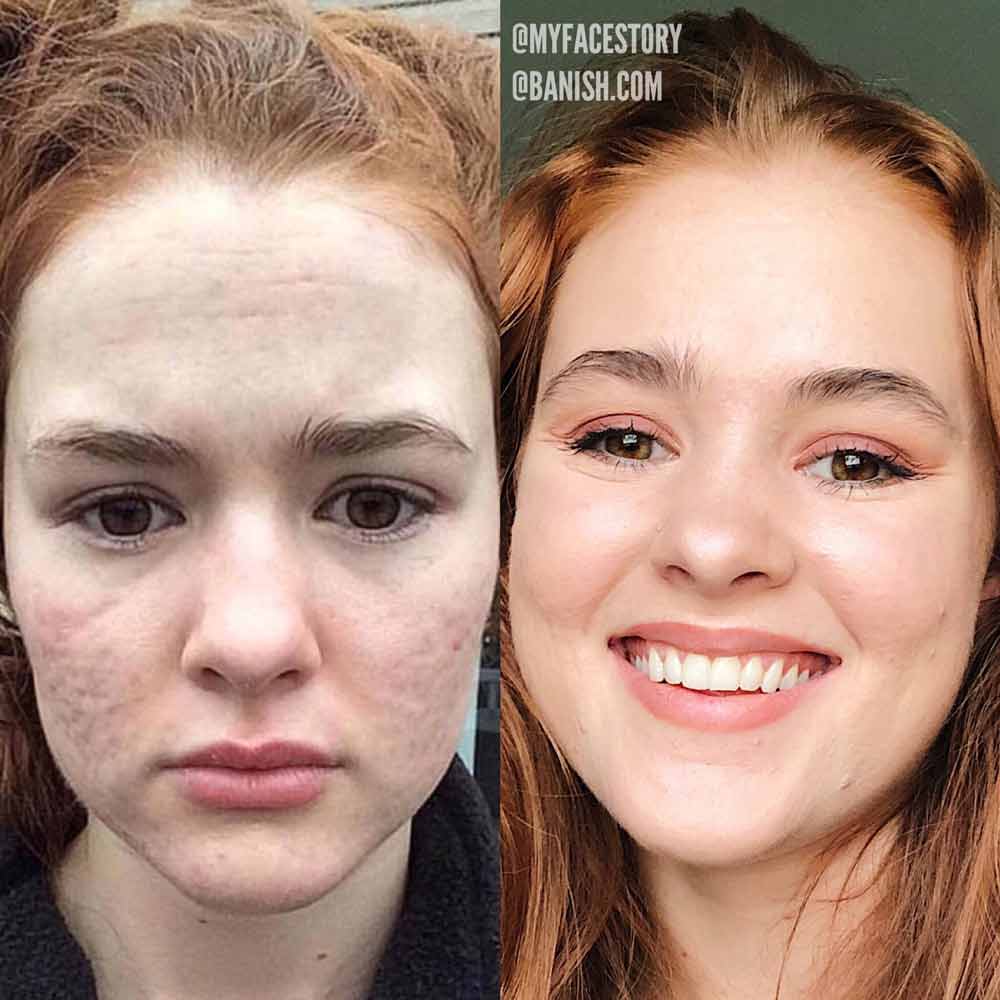
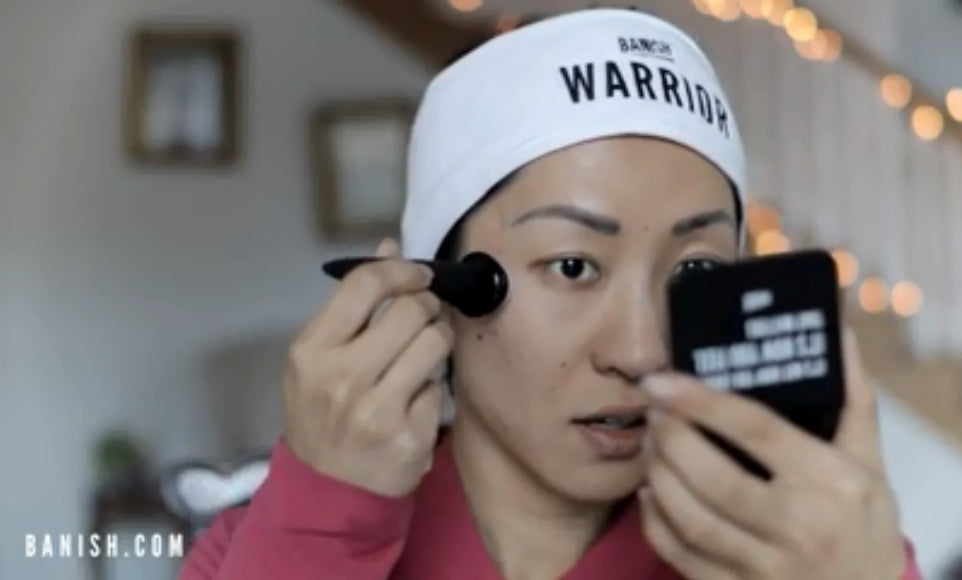
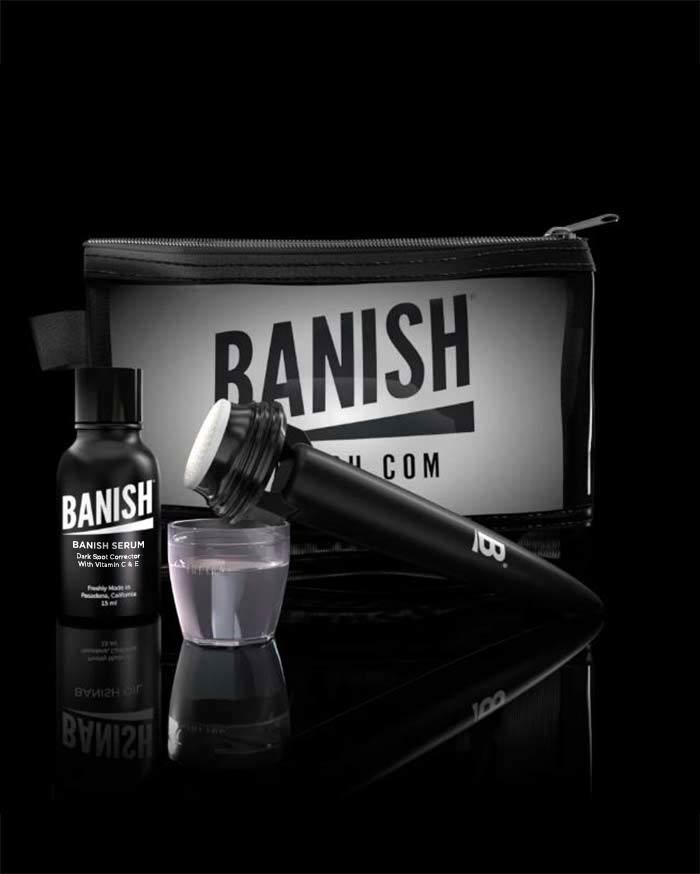
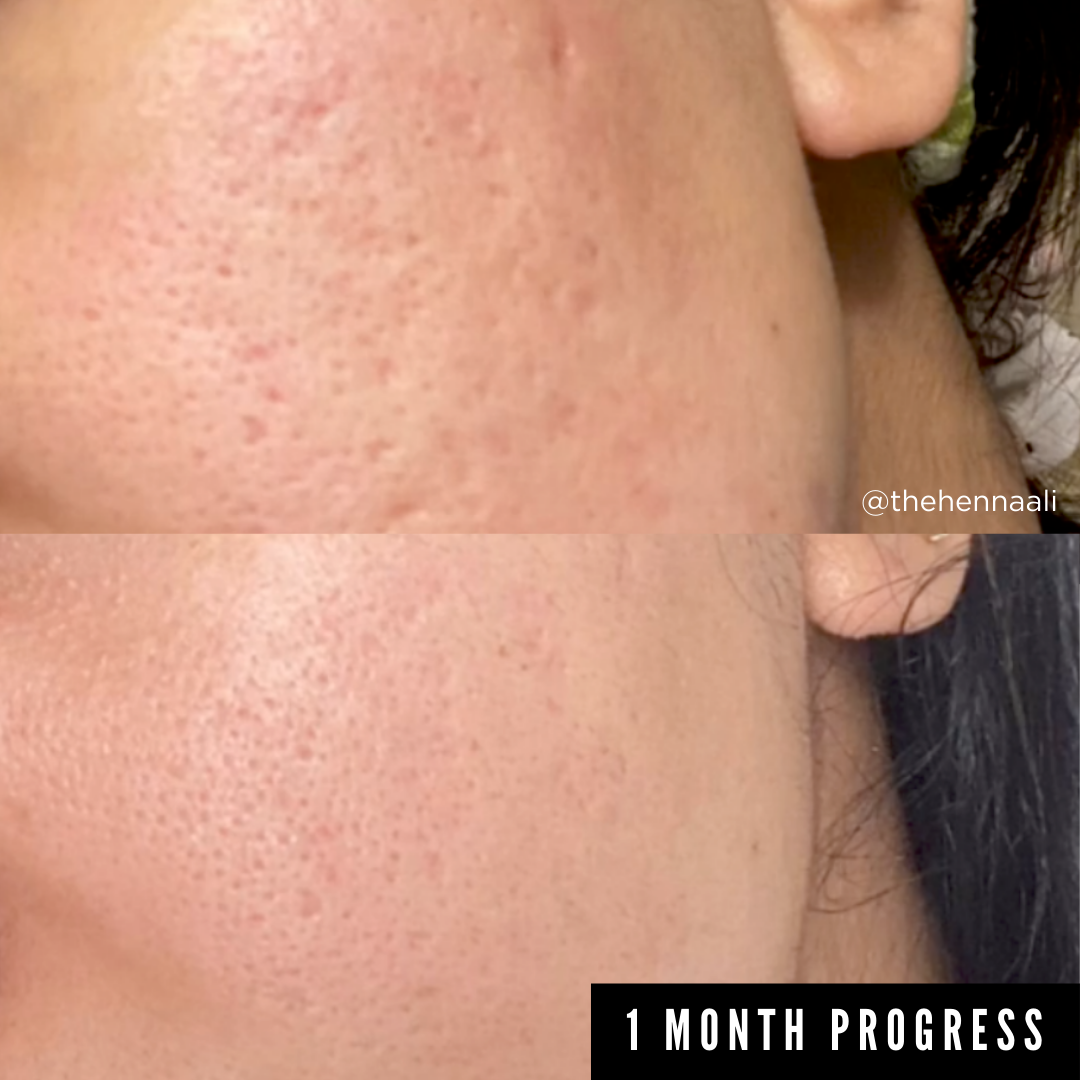
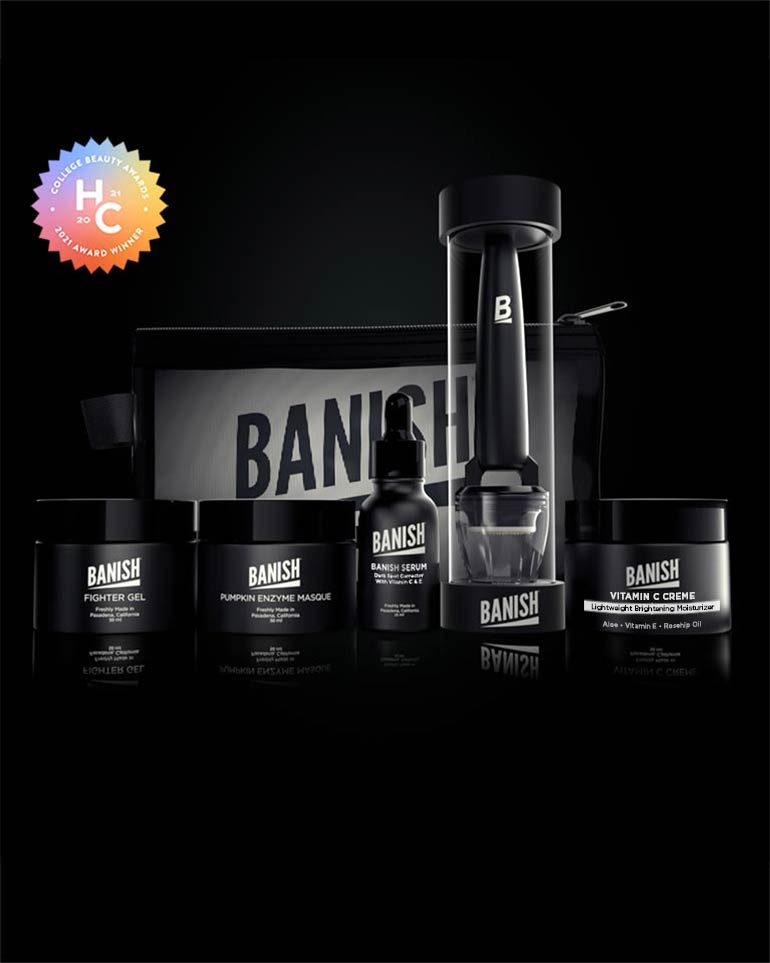
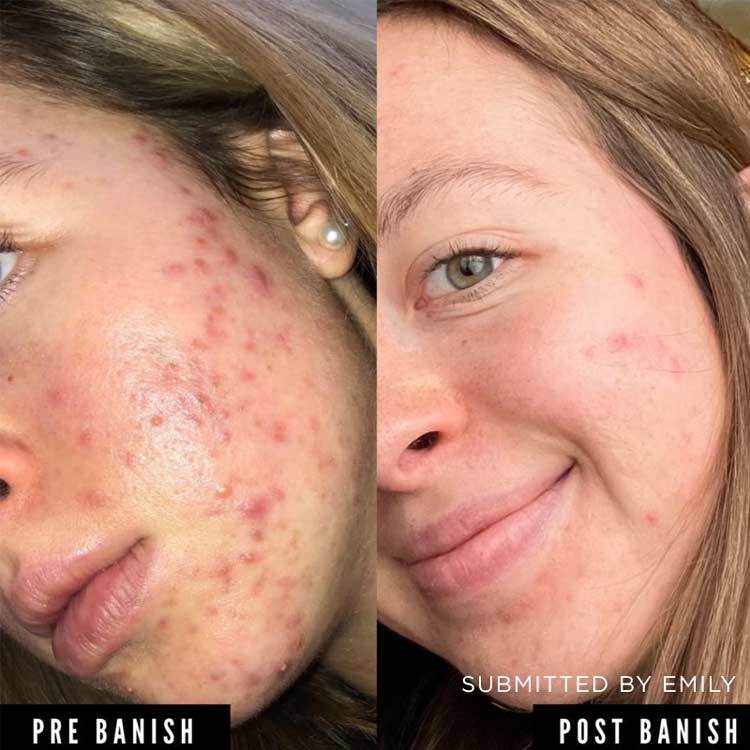
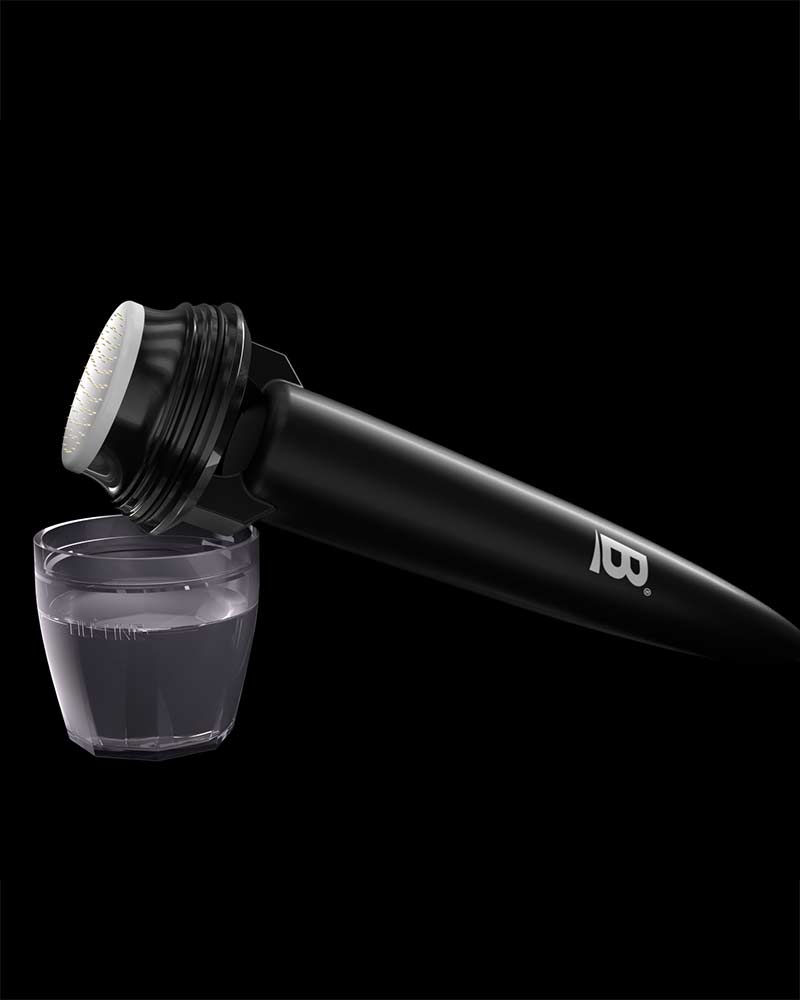
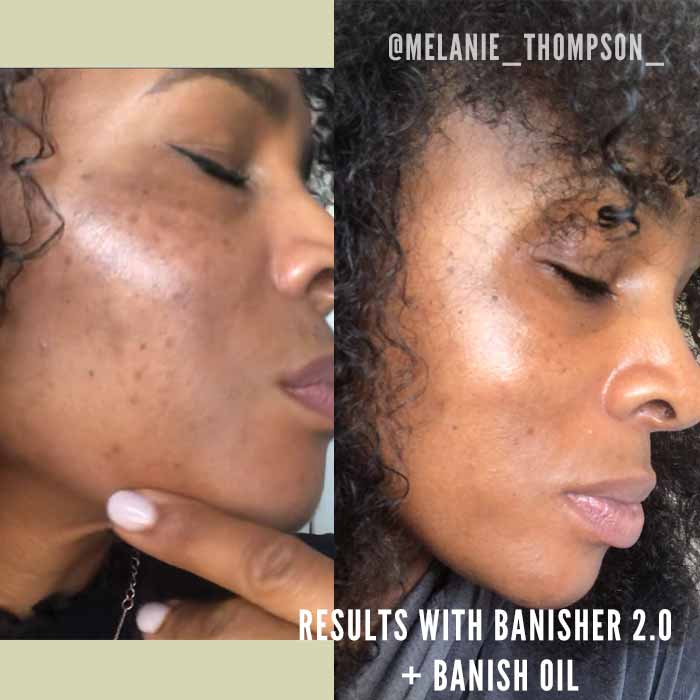
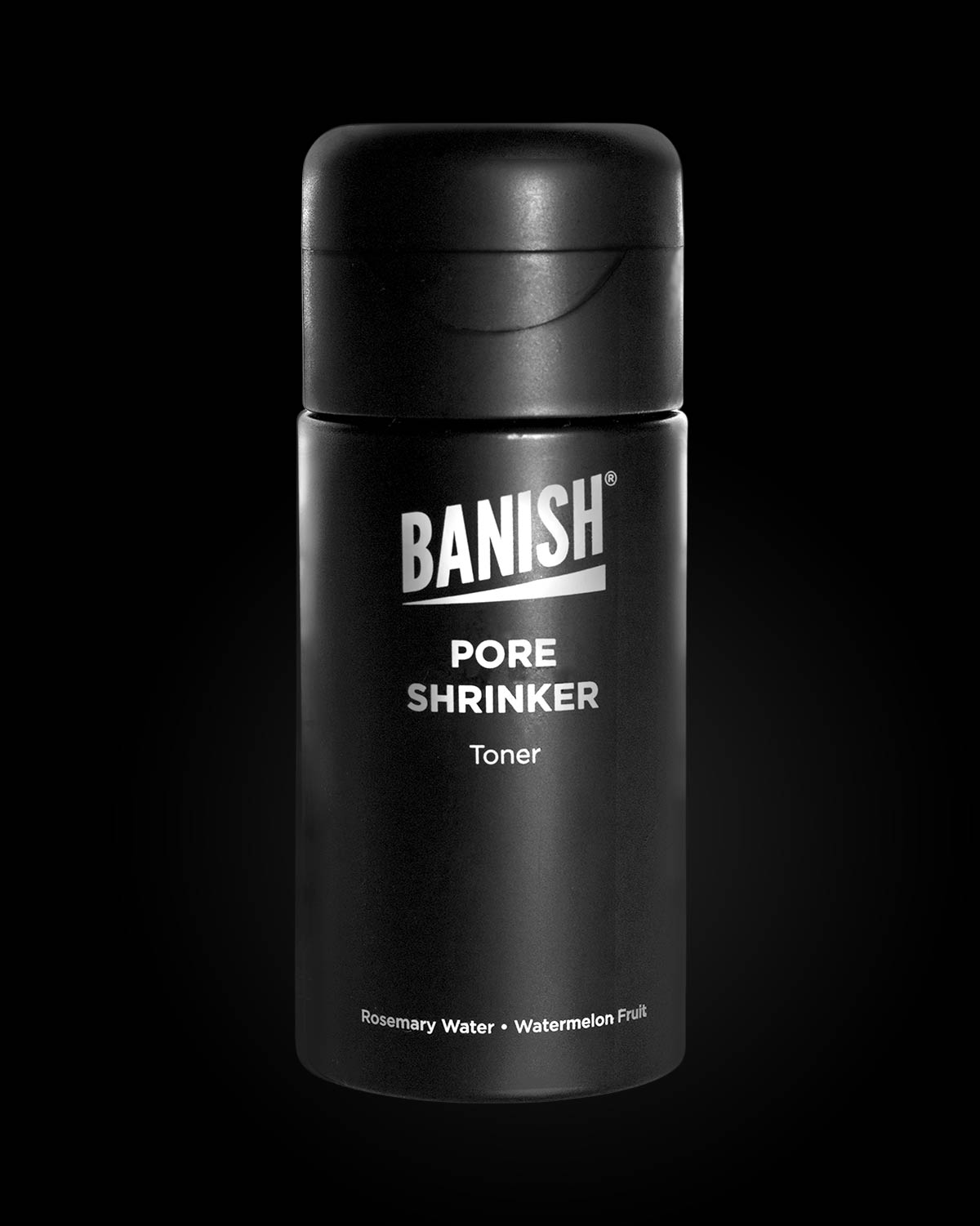
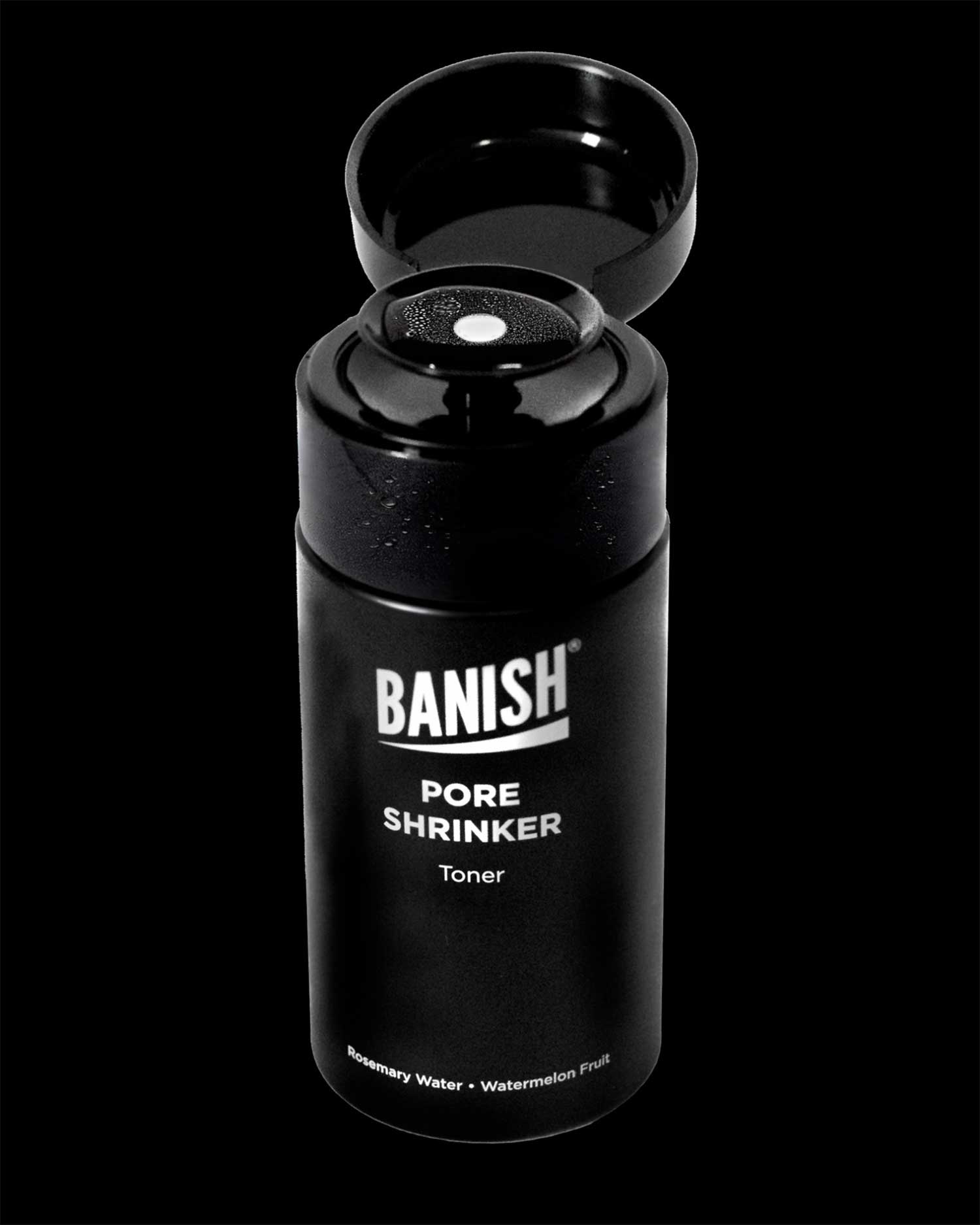


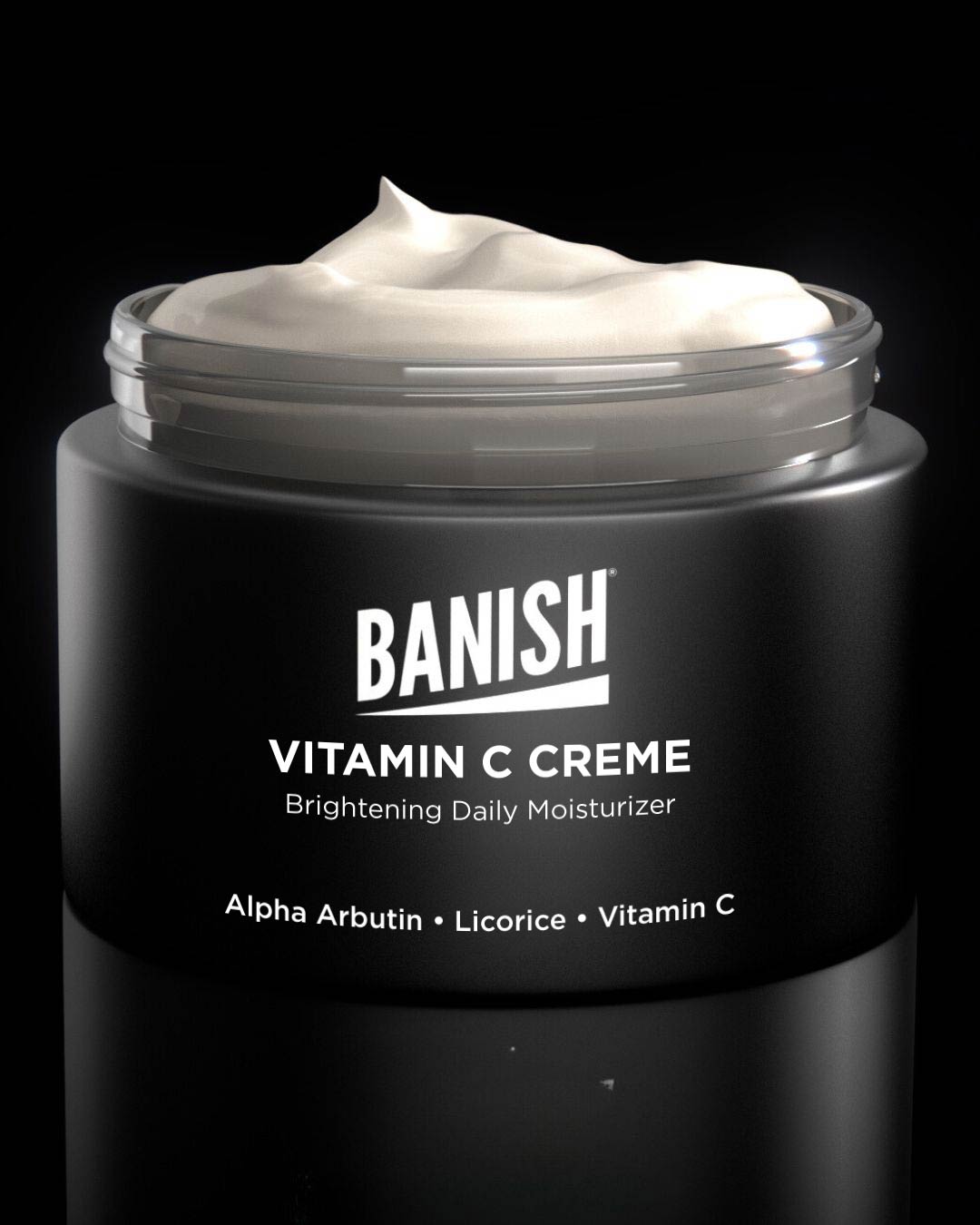
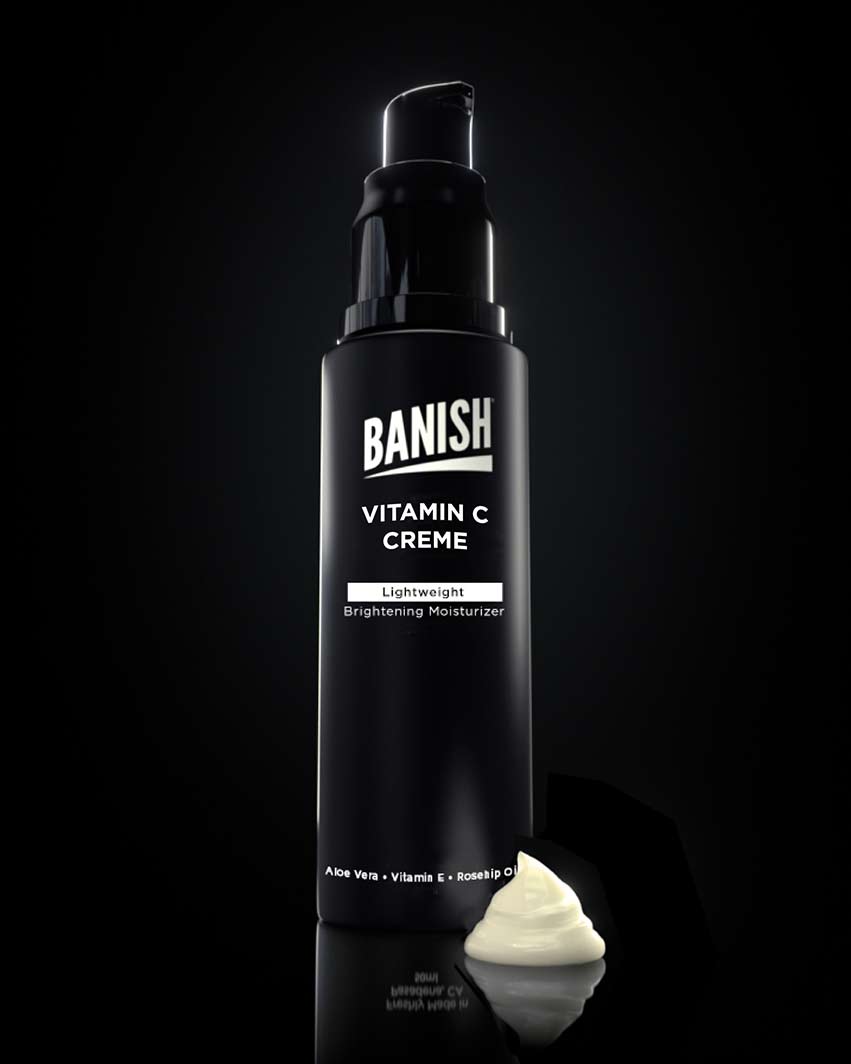
3 comments
John Navarro
Appreciate for your valuable content. It is helpful and gives the reader a useful information.
venukumari
Thanks for great information! we are looking forward for more updates. even thanks for specific content for updating our knowledge.
Jolly Potter
Extremely grateful for this guide on treating acne scar treatments. You can find similar services at Skinworks Clinic. Skinworks Clinic offers advanced facial, skin consultation, and expert-tailored treatment to help you reduce the appearance of scars, skin pigmentation, as well as sagging skin. Visit our website now for more details.
Leave a comment
All comments are moderated before being published.
This site is protected by reCAPTCHA and the Google Privacy Policy and Terms of Service apply.